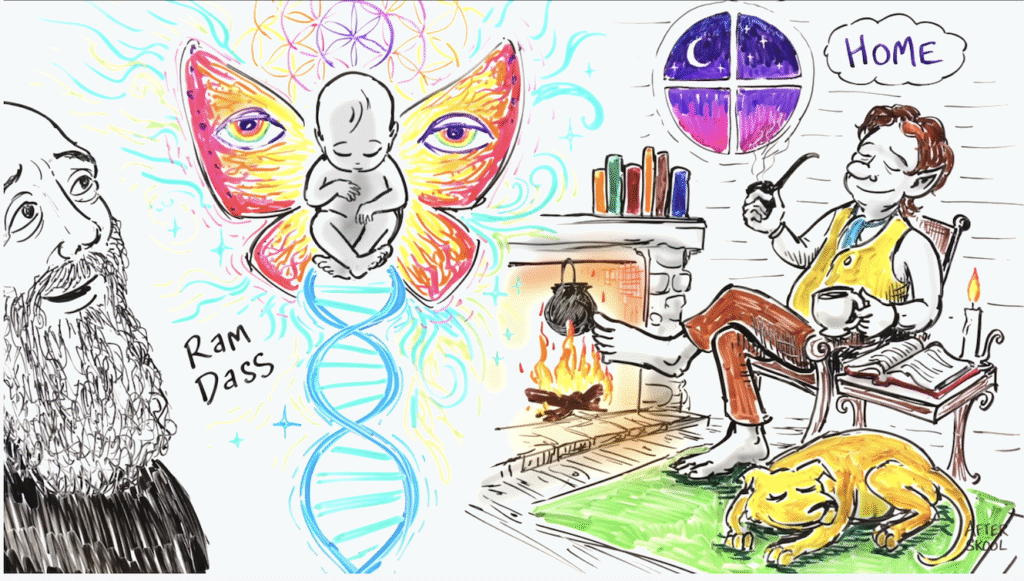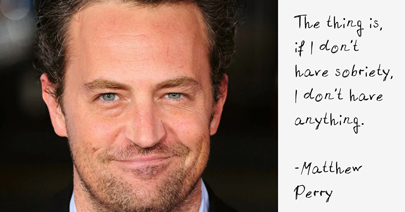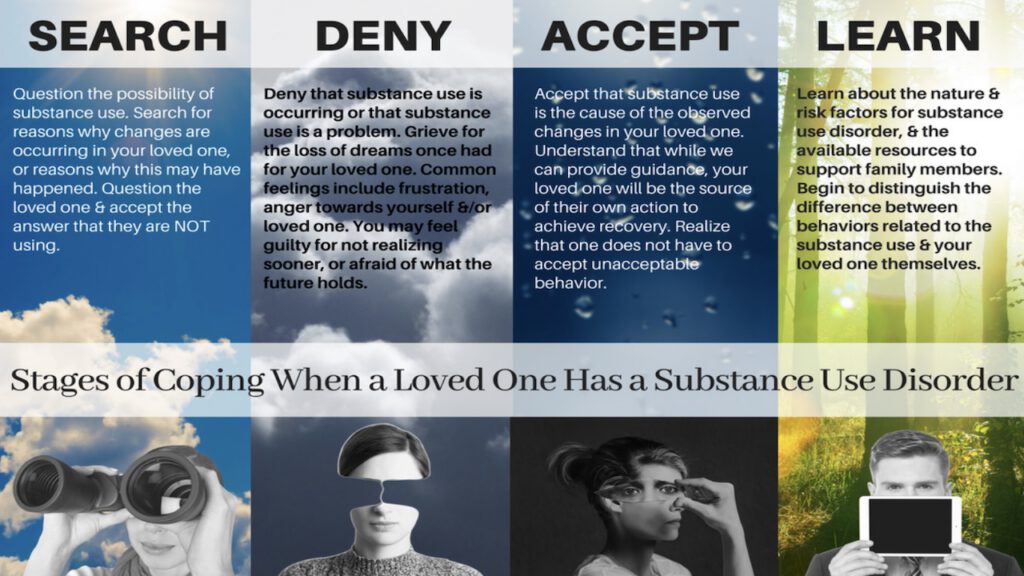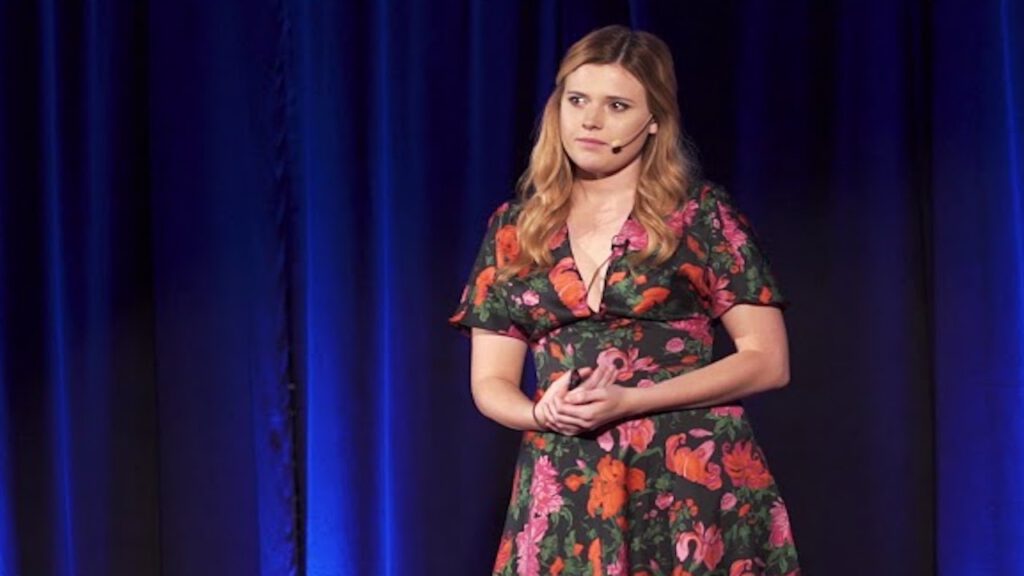The Blessing and the Cost: One “Grandfamily’s” Journey

Millions of grandparents are raising their grandchildren, often because SUD has wreaked havoc in the parents’ lives.
Finding Our Way Back Home: Ram Dass on Breaking the Cycle of Addiction

A beloved teacher on spiritual practice and the pain that traps us in old patterns
Evidence From Oregon: Decriminalizing Drugs Can’t Solve Every Problem, but It’s an Important Step All the Same

Oregon has just rescinded Measure 110, the historic law that decriminalized possession of small amounts of hard drugs. But the reasoning behind the rollback is muddled. As guest author Christina Dent reveals, M110 took the blame for spikes in lethal overdoses, homelessness, and public drug use, none of which it likely caused. Rather, she argues that the law represented a small but important step forward. In the effort to end the drug crisis, its repeal is a loss.
Fifteen Rounds of Rehab: Why Matthew Perry, Like Countless Others, Struggled for Decades Before He Got Clean

We don’t know just how the star of “Friends” died, but we do know—because he was so remarkably open about it—that he struggled with substance use disorder for most of his life. We also know that in his last years, he had succeeded in quitting both alcohol and opioids. It can happen, but why is it so hard? This article reviews the deeply intertwined biological and social realities of addiction.
Substance Use Disorder: A Guide For the Family

The Recovery Research Institute, affiliated with Harvard Medical School, is dedicated to advancing the understanding and treatment of addiction. This page on substance use and the family is an extremely well-designed information hub. It’s a great place to start your journey to deeper understanding—or to remind yourself of the basics.
“Addiction Is a Disease That Thrives in The Dark”: A Younger Sister’s Plea For an End to Fear and Shame

Sam Fowler and her parents spent many years hiding her brother’s substance use disorder (SUD) from the world. The experience convinced Sam that openness, and even vulnerability, are better choices.
Trauma, Community, and Individualism: Dr Bessel van der Kolk on Healing Trauma, Part III

As one of the world’s leading researchers and thinkers on trauma, Dr. Bessel van der Kolk knows better than to offer solutions to this most intricate of problems. In this video series, he brilliantly describes the contours of trauma, community, and individualism, shedding brilliant light on the search for one’s own path to recovery.
“We Were So Blind” : Dr Bessel van der Kolk on Healing Trauma, Part II

In this second part of his discussion on healing trauma—which is perfectly understandable on its own—celebrated psychologist and author Bessel van der Kolk will leave you feeling both hopeful and humbled. Whether it’s professional-administered psychedelics, EMDR, or yoga, he sees a world of promise for trauma sufferers. But he also stresses that these treatments, like trauma itself, are something we’re just beginning to understand.
Inherited Trauma: A First-Hand Account

A moving essay from a young Filipinx writer reflects on how trauma reverberates across generations. Guiying Angel Zhong has always known she loves her mother—but that’s where the simple statements end. Their relationship has long been fraught with deeply-felt tensions and anxiety. The heart of Zhong’s short essay, however, is her eloquent understanding of the roots of such problems, including the special challenges faced by members of historically marginalized groups. In the end, her admiration and affection for her mother count for more than the long memory of pain.
